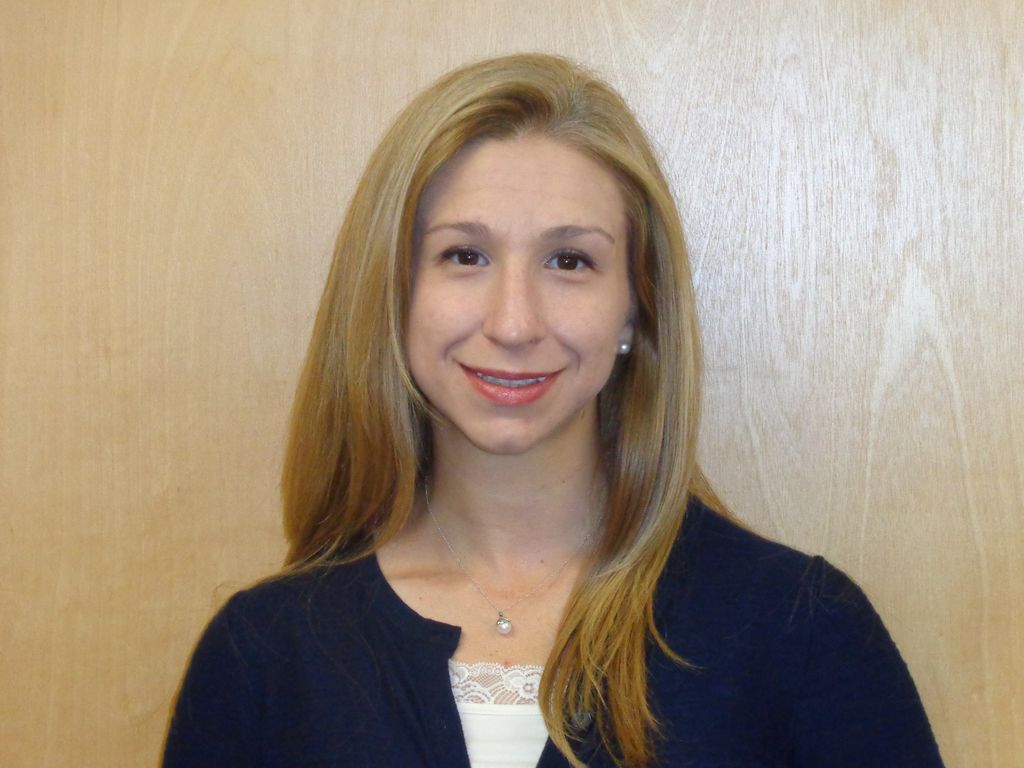‘Mental Health Is Not Separate from Physical Health’.
‘Mental Health Is Not Separate from Physical Health’
SPH alum Jennifer Fonda is using her skills as an epidemiologist to improve diagnostic screenings and develop early interventions for veterans with psychological conditions.
For School of Public Health alum Jennifer Fonda (CAS’03, GRS’04, SPH’15), her interest in better understanding the health of veterans goes far beyond her love of data and prediction models. It is personal.

A self-proclaimed “military brat,” Fonda is using her skills as an epidemiologist to help improve diagnostic screenings and develop early interventions for veterans with psychological conditions like depression, suicide, addiction, and post-traumatic stress disorder (PTSD)—conditions she has seen many of her own loved ones struggle with.
“I come from a long line of family that have served in the military. My dad was in the Navy, and I’ve had uncles, a grandfather, and great grandfathers serve in major conflicts. Many of my friends also enlisted and were deployed to Iraq, Afghanistan, and other Post-9/11 era conflicts,” says Fonda, who received her PhD in epidemiology from SPH. “I have a very deep relationship with veterans, but I was never able to serve myself. The work I am doing now is my way of giving back to those who have served our country.”
Fonda works at the VA Boston Healthcare System as the lead epidemiologist and biostatistician for a longitudinal, prospective cohort study called Translational Research for Traumatic Brain Injury and Stress Related Disorders (TRACTS). In her role, she leads the central design and data management of the main cohort study. She also supports other projects that may come out of the study, such as a transdiagnostic group therapy workshop, which teaches veterans various skills, such as emotional regulation, problem solving, and attention training, to help them with the long-term management of their PTSD and other mental health concerns, as well as how to recognize symptoms of different psychological conditions.
Fonda is also the lead biostatistician on a new randomized control trial in collaboration with investigators from Boston Medical Center, Boston University, and Wayne State University. The study will take an in-depth look into ways to improve PTSD treatments for veterans to ensure more successful outcomes.
She has also recently been awarded a five-year grant through a career development award, where she will be applying various machine learning approaches to develop predictor profiles of opioid use disorder and overdose in Post-9/11 veterans. Jaimie Gradus, associate professor of epidemiology, is one of Fonda’s co-mentors on the study.
“I am really looking forward to this opportunity to be the principal investigator and really take the lead on this project,” she says. “I have gained a lot of incredible experience with my supportive role as an epidemiologist and biostatistician over the years, but I am excited to call this project my own and really dive deeper into my direct focus areas of addiction and suicide.”
In addition to her research, Fonda is an assistant professor of psychiatry at the BU School of Medicine, and a lecturer on psychiatry at the Harvard Medical School.
As awareness and concern for mental health and well-being moves into the fore, especially in the midst of the COVID-19 pandemic, Fonda says she is hopeful that more conversations around mental health conditions will lead to decreased stigma for not only veterans, but also the wider population.
“Patients often suppress their feelings and are afraid to admit what they are going through out of fear of showing weakness,” she says. “But, the more we are able to educate, break down barriers, and really start to help people recognize that mental health is health, that it is not separate from physical health, the better off we will be.”
She also points to the younger generation, and highlights that the increased openness and recognition for self-care, wellness, and signs of burnout gives her hope that more people will begin seeking care earlier instead of self-medicating or waiting until they are in a crisis.
“As a field, we have made great strides to bring awareness about PTSD and mental health into the mainstream,” she says. “We have also learned a lot from COVID and other crises like 9/11 that have allowed us to create a really solid foundation to build on so that we will be in a much better place in the next five or ten years.”